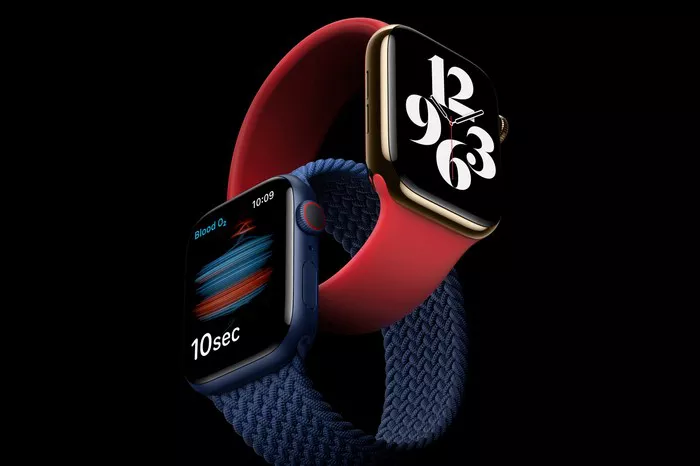Navigating Accuracy: Whoop vs. Apple Watch
In the realm of wearable health and fitness trackers, accuracy is paramount. Users rely on these devices to provide precise data on their activities, sleep patterns, and overall well-being. Among the leading contenders in this space are Whoop and the Apple Watch. In this comprehensive guide, we delve into the accuracy of both devices, examining their sensors, data collection methods, and overall reliability to determine which reigns supreme in the realm of accuracy.
Whoop Accuracy: Setting the Standard
Whoop 4.0: Regarded as one of the most accurate sleep trackers available, Whoop 4.0 sets the standard for precision and reliability. Equipped with superior sensors, including an accelerometer, heart rate sensor, ambient temperature sensor, and skin conductance sensor, Whoop 4.0 offers unparalleled insight into users’ sleep patterns, strain levels, and recovery status.
Precision Data Collection: Whoop 4.0 excels in providing precise data on sleep, strain, and recovery, thanks to its advanced sensor technology and sophisticated algorithms. By measuring various physiological parameters throughout the day and night, Whoop 4.0 offers users valuable insights into their health and well-being, empowering them to make informed decisions about their lifestyle and training regimen.
Apple Watch Accuracy: Reliability with Caveats
Overall Reliability: While the Apple Watch offers reliable accuracy for most fitness tracking metrics, its performance may vary in certain scenarios. Equipped with an array of sensors, including an optical heart rate sensor and accelerometer, the Apple Watch provides users with valuable data on their activities, heart rate, and overall health.
Intermittent Heart Rate Monitoring: One potential limitation of the Apple Watch is its intermittent heart rate monitoring, especially during periods of inactivity. Unlike Whoop, which continuously measures heart rate throughout the day and night, the Apple Watch may check heart rate less frequently during periods of rest, potentially leading to less precise data over time.
In Summary: Navigating the Divide
In conclusion, both Whoop and the Apple Watch offer valuable insights into users’ health and fitness, but their accuracy may vary depending on the scenario. While Whoop excels in sleep tracking accuracy and provides precise data on sleep, strain, and recovery, the Apple Watch offers overall reliability but may lag behind in certain scenarios, particularly for individuals who require highly accurate data.
Ultimately, the choice between Whoop and the Apple Watch comes down to individual preferences, priorities, and use cases. Whether prioritizing sleep tracking accuracy with Whoop or seeking overall reliability with the Apple Watch, users can find a device that meets their specific needs and helps them achieve their health and fitness goals with confidence and precision.

